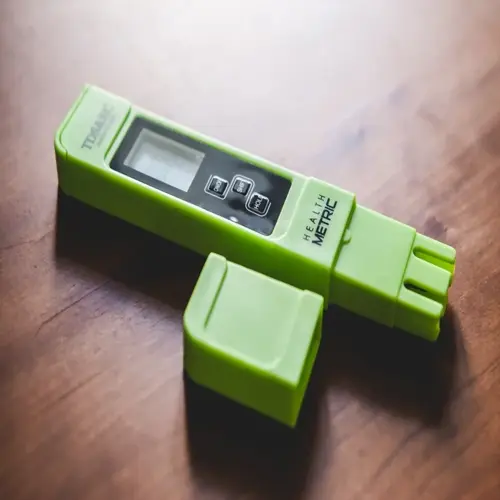Do saltwater tanks require different testing?

Written by
Susan Taylor
Reviewed by
Prof. Henry Webster, Ph.D.Many aquarists wonder if saltwater tanks need different testing than freshwater systems. The fact is that both environments require monitoring of the same toxic substance relatively. When I had my first reef tank, I learned that ammonia kills marine fish just as quickly as it does freshwater species. The major toxins of the nitrogen cycle require the same vigilance irrespective of the salinity. Your fish depend on this understanding of fundamental facts.
The core toxin tests remain the same for ammonia, nitrite, and nitrate. These killers of the nitrogen cycle have the same effects in salt or fresh water systems with similar danger levels. My clown fish died of nitrite poisoning at 1 ppm, just like all the other freshwater species. Always make it a practice to do them weekly on fish in saltwater systems.
Essential Reef Tests
- Calcium: Weekly for coral growth (420-450 ppm ideal)
- Alkalinity: Maintain 8-12 dKH for pH stability
- Magnesium: Monthly (1250-1350 ppm supports calcium)
Specialized Equipment
- Refractometer for precise salinity checks
- High-precision test kits for trace elements
- Digital monitors for continuous parameter tracking
Testing Frequency
- New tanks: Daily calcium/alkalinity checks
- Established reefs: Weekly core toxins, monthly trace
- After water changes: Verify salinity stability
Specialized marine parameters require more attention when maintained in saltwater systems. Calcium tests were part of my daily rituals when I kept stony corals. Alkalinity affects the stability of the pH in marine systems. Magnesium works with both. These test procedures do not replace core toxicological examination but are supplementary.
Salinity testing requires different means of evaluating the water conditions in a marine tank. Refractometers are generally preferred over hydrometers for optimal results. My first reef tank crashed due to salinity drift from evaporation. Salinity should be tested every week, and the tank should be checked daily for freshwater replenishment. Marine fish tolerate less fluctuation than freshwater species, so it is essential to monitor salinity conditions closely.
Coral systems require more frequent testing than fish-only saltwater systems. Corals use calcium and alkalinity rapidly. I test my SPS tank every 3 days. You should invest in good test kits for trace elements such as strontium and iodine. These elements have a dramatic effect on coral health.
Ensure testing uniformity among all environments. Although salt water complicates matters, the same biological principles apply. Begin with tests for ammonia, nitrites, and nitrates, which are the same as those for freshwater. Then, introduce marine parameters gradually. The undersea garden will flourish from the testing points.
Read the full article: 7 Essential Aquarium Water Testing Tips
